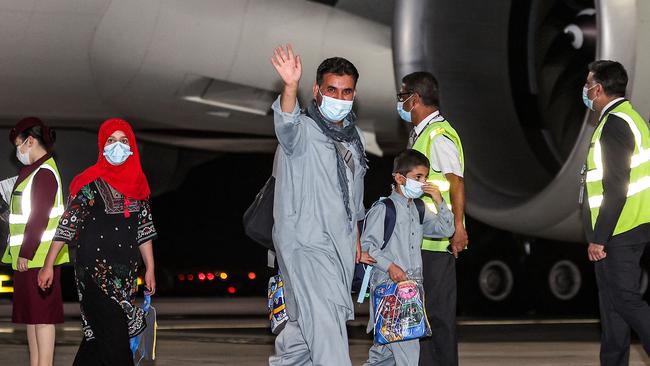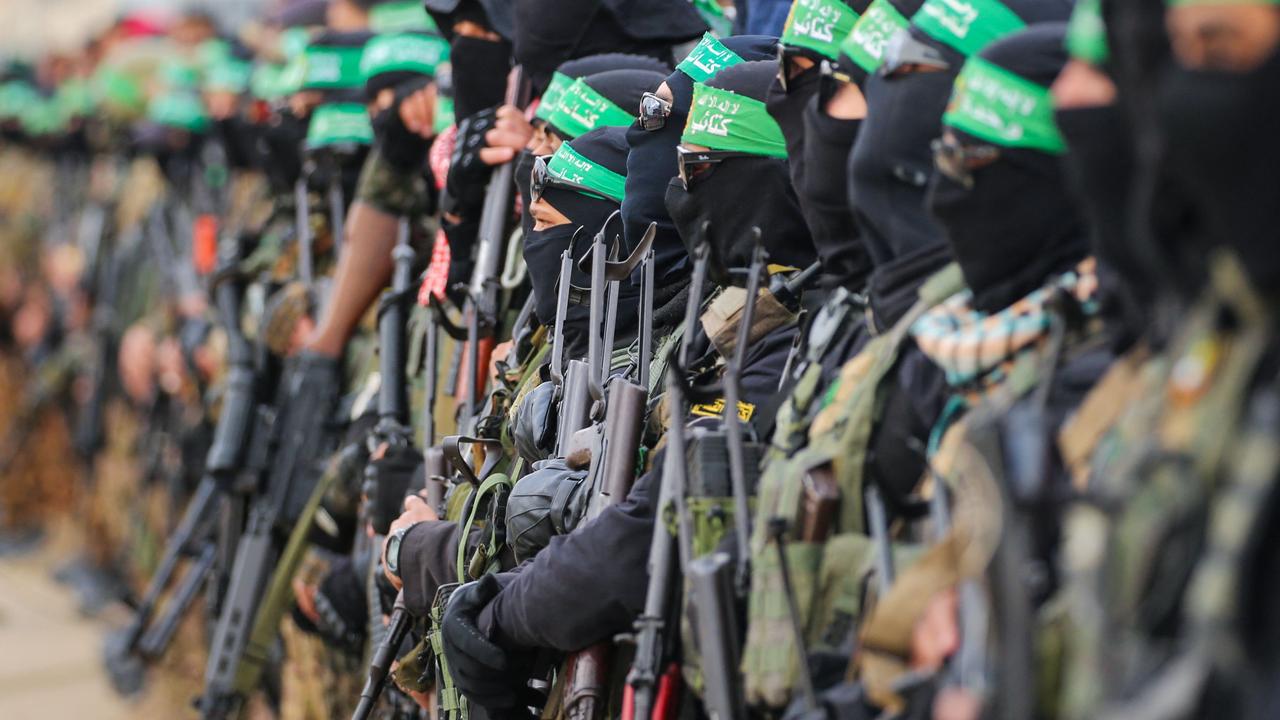Afghanistan faces total breakdown of economy and social order
The nation faces near-universal poverty if the international community does not lift the suspension of aid, the UN warns.

Afghanistan is facing a “total breakdown of the economy and social order” and near-universal poverty if the international community does not lift the suspension of aid into the country, the UN has warned.
Afghan Health Minister Wahid Majrooh, the only member of the previous government allowed to stay on under the Taliban regime, also called on foreign donors to help the country avoid a crisis, warning Afghanistan’s 2500 hospitals and clinics will not be able to operate beyond this week unless funding is resumed.
“I receive calls every day; messages that they are running out of fuel and there is no food – in most centres – for patients or staff members. Salaries are not paid. Our immunisation program is badly affected,” Mr Majrooh told the New Humanitarian journal.
“The fourth Covid-19 wave is approaching and we have no options but to close down centres in a few provinces. It will disseminate to other provinces as well. So there will be a human disaster.
“I call on the international community to work with us to find a practical solution because … the ministry is completely left out of the chain. I urge them to help us avoid a human crisis.”
The UN is launching an emergency appeal on Monday for $US600m ($814m) to stave off a humanitarian disaster caused by ongoing drought, mass job losses, spiralling food prices and a plunging currency.
Nearly $U10bn of Afghanistan’s central bank assets held abroad has been frozen, while billions of development aid – from the World Bank, International Monetary Fund and Western nations – has also been suspended since the Taliban seized control on August 15. Some 75 per cent of all public spending by the former government was international funding, and since its suspension civil servants – including the country’s 226,000 teachers – have not been paid.
The UN Development Program has warned of a worst-case scenario in which Afghanistan – already one of the world’s poorest nations – faces almost 97 per cent of its people falling below the poverty line by next year.
UN special envoy on Afghanistan Deborah Lyons told the Security Council on Friday that the only way “to prevent a total breakdown of the economy and social order” was to find a way to safeguard the misuse of funds and allow aid money to once again flow into the country.
“The economy must be allowed to breathe for a few more months, giving the Taliban a chance to demonstrate flexibility and a genuine will to do things differently, notably from a human rights, gender, and counterterrorism perspective,” Ms Lyons said.
Reports out of the Panjshir Valley, where an anti-Taliban resistance was crushed by a land and air offensive this week, have painted a dire scenario as a result of fierce fighting and a continued blockade of food supplies, internet and electricity.
National Resistance Front spokesman Ali Nazary told the BBC the Taliban was starving the Panjshir people of supplies.
“They cut off Panjshir more than a week ago from supplies, from food, from medicine, it’s turning into a humanitarian crisis … the world is ignoring this.”
A senior Panjshir exile, Mohammed, said the information and messages being relayed to him from the valley were highly distressing. “The Taliban are taking human prizes, so many casualties that are the civilians in the villages,” he told The Weekend Australian.
The US and other western nations have tied future development aid to the Taliban honouring commitments to uphold the rights of women and girls, ethnic and religious minorities, and to allow people safe passage to leave, though they have left the door open to humanitarian assistance.
The first civilian flight out of Kabul since the Taliban takeover last month landed in Qatar early on Friday with more than 100 foreign nationals and passport holders on board. A second flight was scheduled for late Friday, though hundreds of at-risk Afghans were still stranded in northern Mazar-e-Sharif where they had hoped to fly out on charter flights a week ago.
Leaked minutes of a recent meeting with UN undersecretary-general Martin Griffiths revealed Taliban leaders were “furious with the evacuation of skilled and educated people, who are greatly needed to rebuild the country”.
More than 123,000 people were evacuated from Kabul last month, including many thousands of the country’s educated professionals and bureaucrats.
Millions of women and girls left behind are facing the same repressive rules that governed their lives the last time the Islamists were in power, including restricted access to education. Thousands of women have been told not to come to work, while those who have staged protests rights have been beaten, as have journalists who covered the protests.
Additional reporting: Jacquelin Magnay



